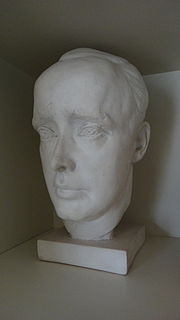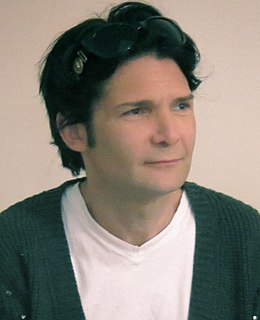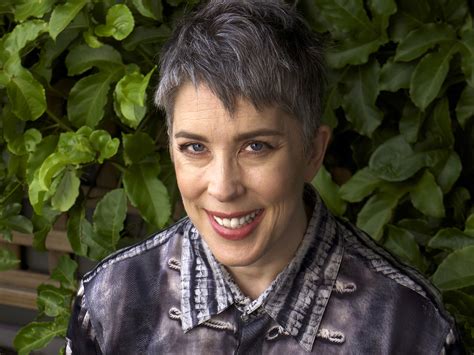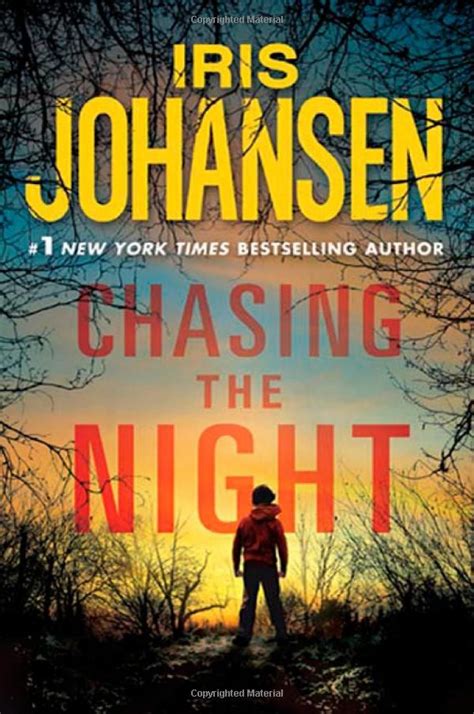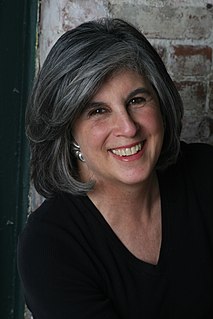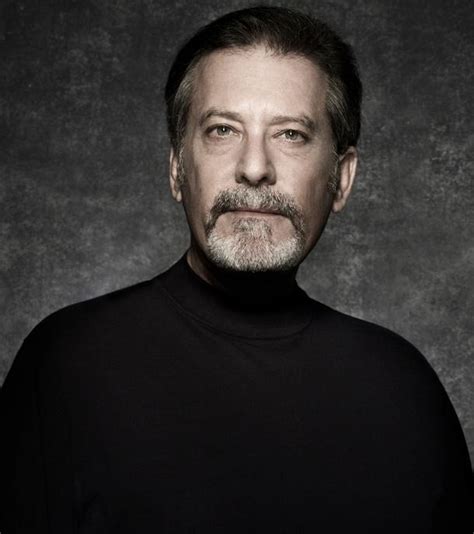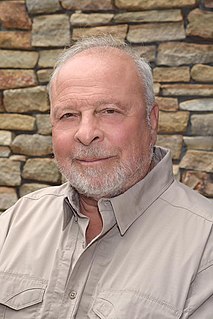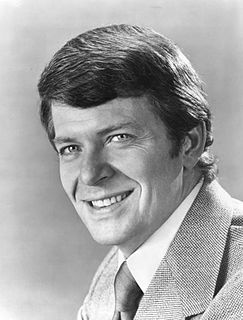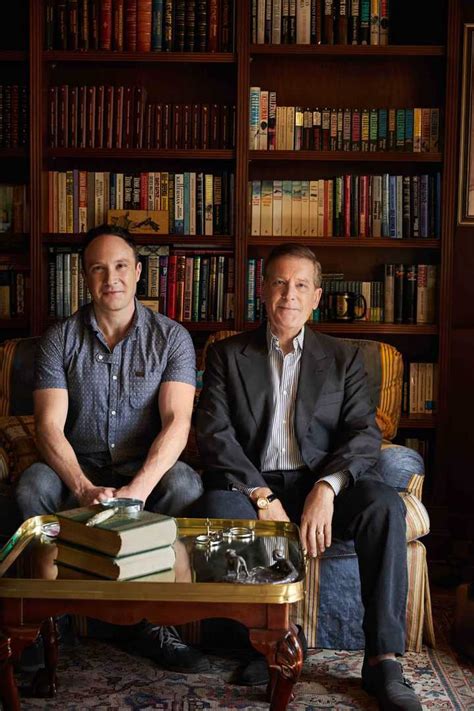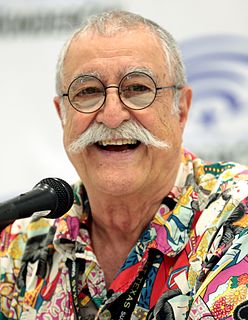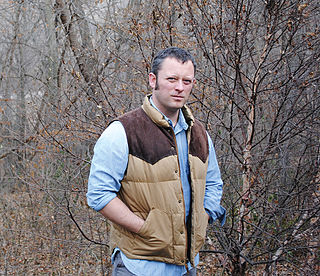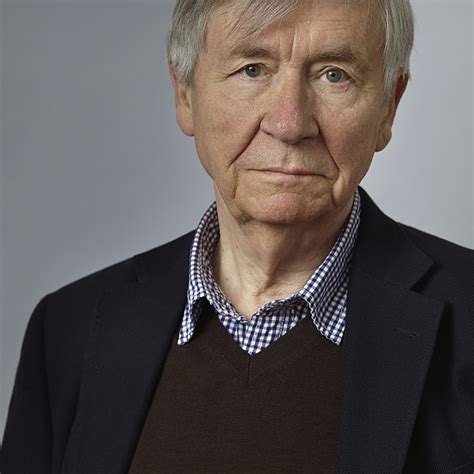Top 1200 Suspense Novels Quotes & Sayings
Explore popular Suspense Novels quotes.
Last updated on December 3, 2024.
I'd read one too many crime novels where the victim was just a name: body number one, dead woman number 12. I understood fear, and I wanted to create characters who made readers say, 'Please, don't hurt this guy.' That's the key to suspense. It's easy to disgust a reader. It's much harder to make them care.
In Pakistan, many of the young people read novels because in the novels, not just my novels but the novels of many other Pakistani writers, they encounter ideas, notions, ways of thinking about the world, thinking about their society that are different. And fiction functions in a countercultural way as it does in America and certainly as it did in the, you know, '60s.
I still read romance, and I read suspense. I read them both. And part of it is, I like stories with strong characters, and I like stories where there's closure at the end. And I like stories where there's hope. That's a kind of empowerment. I think romance novels are very empowering, and I think suspense novels are, too.
I read a lot of detective stories because they always deliver. They give you a beginning, a middle, and an end - a resolution. The modern novels I read don't always deliver because I'm looking essentially for a story. As in Shakespeare, "The play's the thing." In particular I read detective stories for pacing, plot and suspense.
I like the idea of building the suspense and taking it all the way up to the very last second with the suspense, and right when you think you can't take it anymore, then you come in with the joke and kind of break the tension. To me, that's the best kind of film. I like thrillers, so thrillers with comedy, to me, is always the best.
In a novella, a whole lot of crap can happen, and you can build momentum and suspense and leave room for a surprise or three. Stories are cut down to the most essential elements, and novels (this might be an unfair generalization on my part) are big fat clumsy efforts where the reader can snooze for a couple chapters and miss nothing of consequence. Hence my love for the middle way.
I challenged myself to write/direct a romantic comedy. People trash talk the rom com, but it's one of the oldest cinematic genres, with stellar origins like Twentieth Century and Trouble in Paradise. I think as audiences lost their innocence, the genre lost its suspense. To create suspense, you need obstacles, so I gave my couple an obstacle that very few people ever overcome: their own behavior and their past.
I've mis-signed many a book Rollins or Clemens. My readers quickly become aware. Booksellers will often promote me under both names, and I do plug both at signings. Generally, the fantasy reader has no problem going into the suspense genre. It's harder for the typical suspense reader to go the other direction.
Of all the conditions to which the heart is subject suspense is one that most gnaws and cankers into the frame. One little month of that suspense, when it involves death, we are told by an eye witness in "Wakefield on the Punishment of Death," is sufficient to plough fixed lines and furrows in a convict of five and twenty,--sufficient, to dash the brown hair with grey, and to bleach the grey to white.
I think readers appreciate those of us who stay in the trenches and fight the good fight even when times get tough. I know that I, personally, lost respect for writers who, when there was a downturn in the market, started shouting from the rooftops that they wrote thrillers and suspense novels rather than horror. As far as I'm concerned, those wussboys should sever all ties with the horror community if that's the way they feel and get out of the way so real horror writers can do their work.
Now you mustn't think that I don't have any ideas for novels in my head. I've got ideas for ten novels in my head. But with every idea I have, I already foresee the wrong novels I would write, because I also have critical ideas in my head; I've got a full theory of the perfect novel, and that's what stumps me.
I can remember the times when I started including humor in novels that were suspenseful. I was told you can't do that because you can't keep the audience in suspense if they're laughing. My attitude was, if the character has a sense of humor, then that makes the character more real because that's how we deal with the vicissitudes of life, we deal with it through humor.





